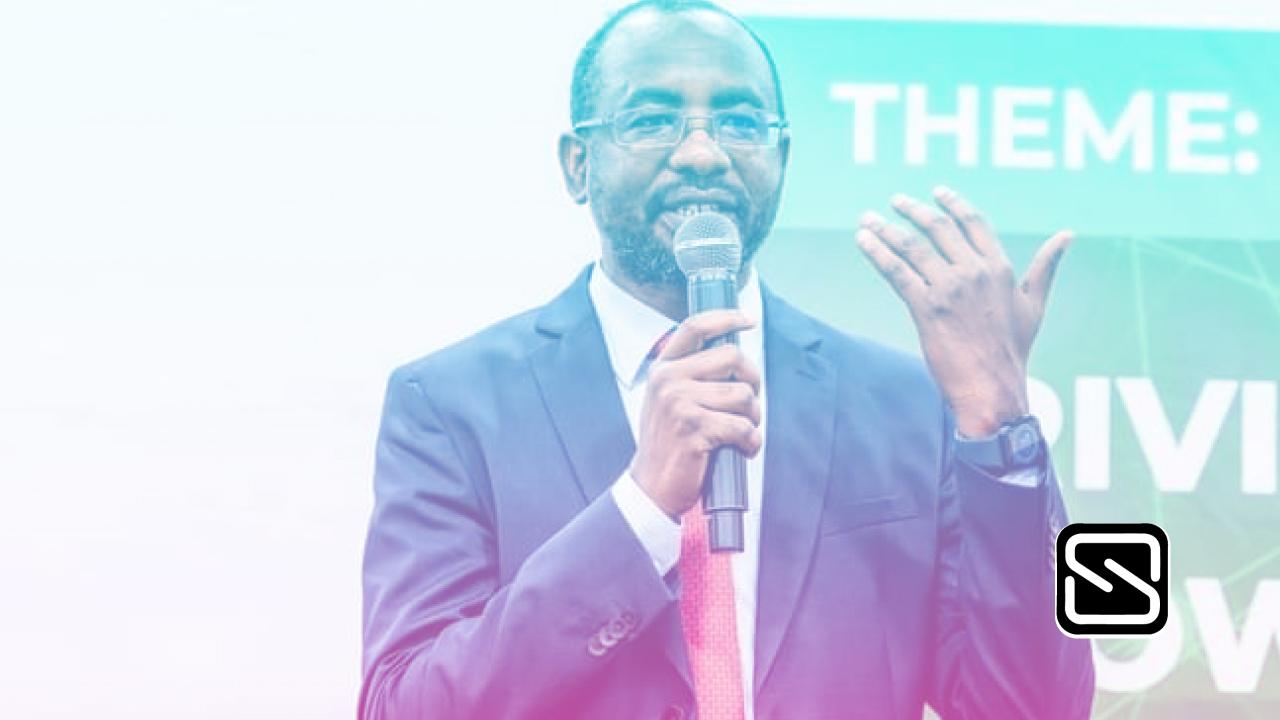NITDA And SiBAN Engage Stakeholders On Implementation Of National Blockchain Policy In Nigeria
The implementation of the National Blockchain Policy in Nigeria will strengthen the Nation’s digital economy, by expanding financial inclusion, security, and accountability, increasing efficiency in service delivery, and creating job opportunities
By Staff
The National Information Technology Development Agency (NITDA), in partnership with the Stakeholders in Blockchain Technology Association of Nigeria (SiBAN), has successfully concluded a Stakeholders’ Policy Dialogue in Nigeria. The event aimed to foster discussions on how the country’s blockchain ecosystem can collaborate and thrive.
Kashifu Inuwa, the Director-General of NITDA, emphasized the significance of implementing the National Blockchain Policy in Nigeria. He highlighted that this move would not only enhance the nation’s digital economy but also expand financial inclusion, bolster security, ensure accountability, improve service efficiency, and generate job opportunities.
In his keynote address titled “Driving Sustainable Economic Growth and Development through the Adoption of Blockchain Technology,” Inuwa underscored the importance of technology-related dialogues. He explained that blockchain, being a decentralized technology, provides a secure way to record and verify information, rendering it tamper-resistant and trustworthy.
Inuwa pointed out the groundbreaking potential of blockchain to revolutionize industries, citing research by PricewaterhouseCoopers (PwC) indicating that it could contribute up to US$1.76 trillion to the global economy by 2030. He also highlighted that various governments, including those of Estonia, Georgia, the United Arab Emirates, Switzerland, and Singapore, are exploring blockchain’s potential to drive innovation, enhance service delivery, create jobs, and stimulate economic growth.
Inuwa assured that the National Blockchain Policy serves as a roadmap to facilitate the adoption of this transformative technology, fostering higher quality services in both the public and private sectors.
Nigeria, he added, is the first African nation to establish a Blockchain Policy. The objective behind this strategic initiative is to promote the use, integration, and adoption of blockchain across various sectors of Nigeria’s digital economy, enhancing efficiency, innovation, transparency, security, and trust.
Inuwa highlighted talent development, innovation, and adoption as the key areas in which the government will collaborate with stakeholders to harness blockchain’s potential. He stressed that focusing on talent development will attract and retain a skilled workforce, thereby enhancing innovation and the competitiveness of the national blockchain ecosystem.
The emphasis on innovation, Inuwa stated, will create an environment that encourages experimentation, provides resources for innovation, and addresses regulatory barriers. The focus on adoption aims to integrate blockchain into financial services, government, and corporate digital services.
The dialogue sought to develop a strategy for policy implementation, outlining the roles and responsibilities of various stakeholders. Inuwa expressed gratitude to the Federal Ministry of Communications & Digital Economy for its unwavering support in creating an enabling environment for stakeholders to promote the adoption of blockchain technology in Nigeria.
Engr Salisu Kaka, Acting Director of Digital Economy Development at NITDA, emphasized that blockchain technology has emerged as a transformative force globally, revolutionizing industries and unlocking new possibilities.
Obinna Iwuno, President of SiBAN, emphasized the collaborative implementation of the National Blockchain Policy, envisioning a blockchain-powered economy that supports secure transactions, data sharing, and value exchange across people, businesses, and the government. He stressed that this would enhance innovation, trust, growth, and prosperity for all Nigerians, positioning the country as a leader in the global blockchain ecosystem.
The two-day event, organized by NITDA in collaboration with SiBAN, featured diverse panel discussions addressing regulatory frameworks, governance models, privacy and security considerations, culminating in the presentation of a communique at the conclusion of the deliberations.
